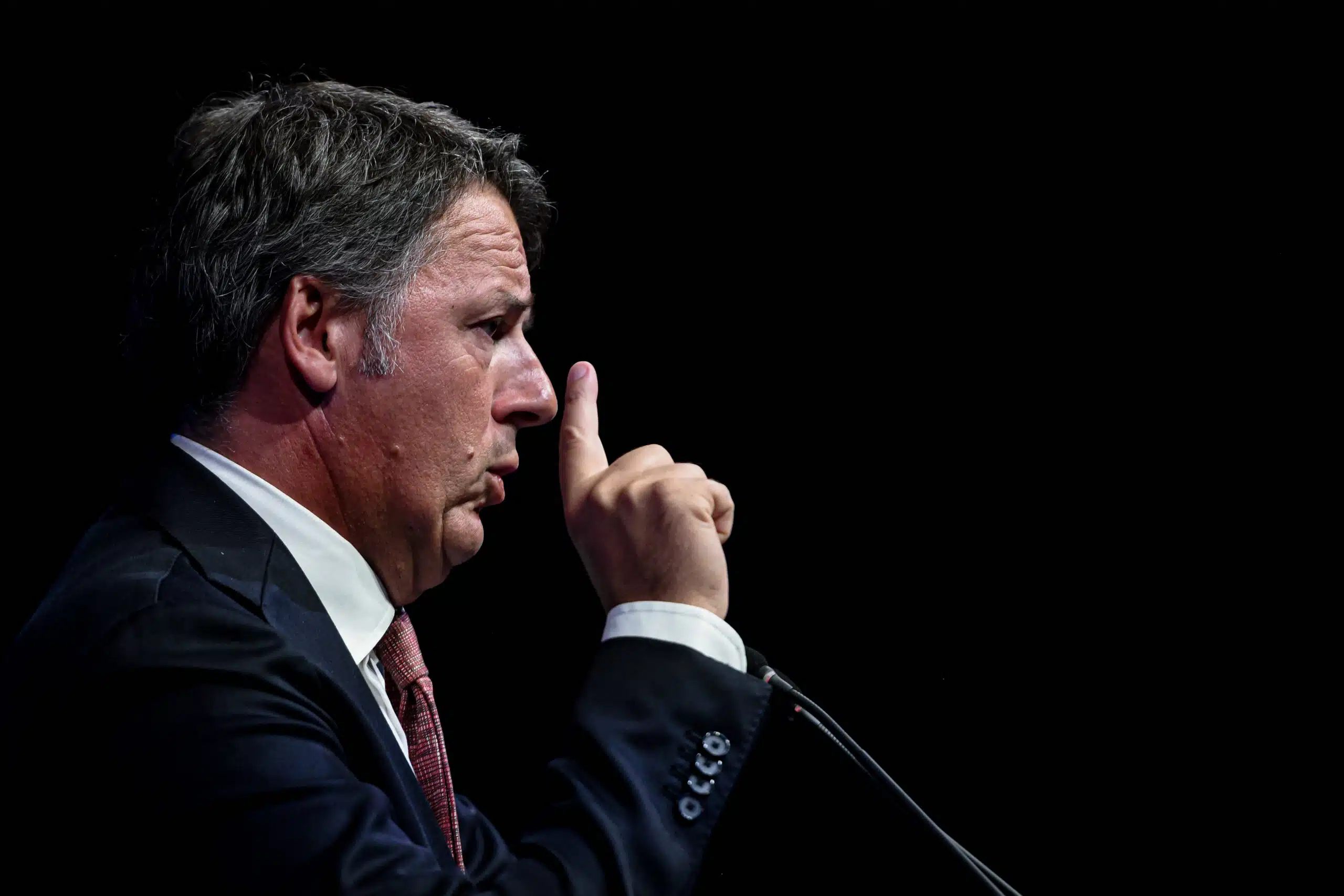Rome – This Democratic Party (PD) is the true driving force of the European Left. During an interview to Repubblica TV, the President of the Council of Ministers, Matteo Renzi, confirmed his decision of binding his political future to the Constitutional Referendum – was the reform to be rejected, “I’ll retire from politics”, he said – and tried to involve the entire European Socialist family into the battle at the same time, recalling things such as “how the PD has helped the PSE to change Europe, which had previously failed its economic policies.”
The Italian PM reiterated the importance of the 40.8% of preferences the PD took at the 2014 European Election – first party in Europe – to suggest that if he had to leave, the entire continental left would suffer, as well as its capability of affecting the institution for a change of course – from economic austerity to flexibility. The same flexibility on which Italy counts for obtaining the approval of the European Commission to the Stability Law in spring, needed now more than ever by the PM. He relies on this in fact to finance all the measures he’s promised – from the abolition of taxes on the first house, to 80€ more on salaries of law enforcement agents to a €500 bonus for 18-year olds – extremely useful to keep his electors’ support.
Still, after the appeal made by the President of the Eurogroup Jeroen Dijsselbloem not to take things too far on flexibility, the Vice President of the European Commission Valdis Dombrovskis underlined that flexibility is ‘limited and temporary in nature’, hence it’d better not to try to abuse it. “It’s not up to Mr Dombrovskis to rule on flexibility, but to the Commission,” replied Renzi, who then critically added that his “role model is Obama, not Dombrovskis.”
Europe needs to “change course on the failed economic policy it has pursued for seven years now” in order to get out of the crisis and relaunch job creation, said Renzi. No need to amend Treaties though: “No wise man could think it’s time to change the Treaties now,” he said. Still, “it’s possible to change economic policies with the current treaties in force,” he added. This seems like a retraction of the statements issued – just yesterday – by his Undersecretary for European Affairs, Sandro Gozi, who said the government wants to feed a debate leading to the amendment of the Treaties within March 2017, when the Sixteenth Anniversary of the Signature of the Treaty of Rome.
Actually, it just “seems” so. “Renzi is talking about the situation as of today, in particular about the fiscal Compact – explained an official from the staff of Undersecretary Gozi to Eunews – while Gozi is talking about a wider perspective concerning a new kind of governance for the European Union.” The Italian Government does want to change the rules, then, but is aware that this will be neither easy nor immediate. At the same time, they do think it’s impossible to stay idle: better to urge for the maximum exploitation of the flexibility already existing within the rules we have.
Furthermore, Italy “respects all existing rules,” reiterated PM Renzi: this is why he’s sure Italy is entitled to be acknowledged the use of flexibility as requested. In addition to this, this respect allows Italy to avoid going to institutions “begging for help.” This attitude comes from the government Italy had in the past – “the promised they’d moved heaven and heart, and did nothing actually.”
But now “there’s someone who has implemented reforms, and is still reforming Italy actually,” he said, adding “we can now say we’re not going to Brussels just to take our homework.” Time will tell us if the Commission agrees with PM Renzi – or if we are going to be reported to detention in spring.











![Uffici Huawei a Roma [foto: imagoeconomica]](https://www.eunews.it/wp-content/uploads/2025/05/Imagoeconomica_1310298-120x86.jpg)
![La presidente della Commissione europea, Ursula von der Leyen, alla EU Budget Conference 2025 [Bruxelles, 20 maggio 2025]](https://www.eunews.it/wp-content/uploads/2025/05/vdl-bilancio-120x86.png)
